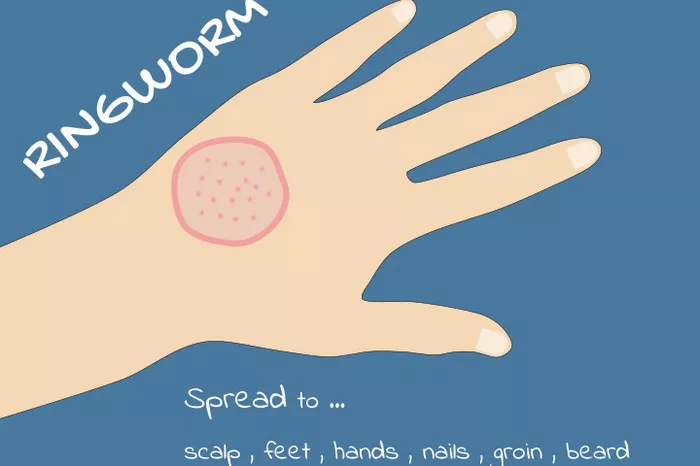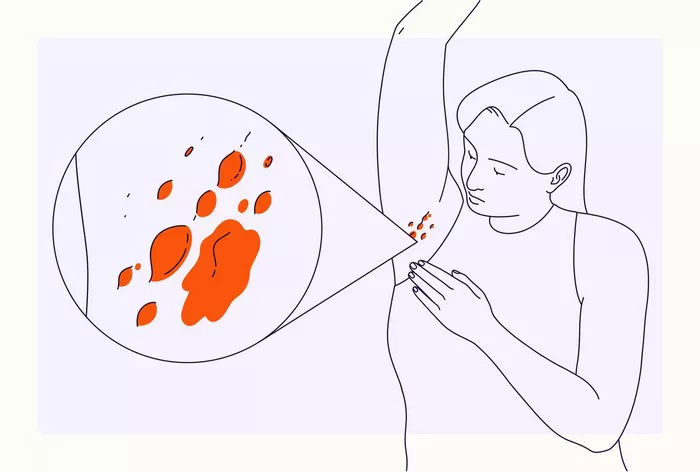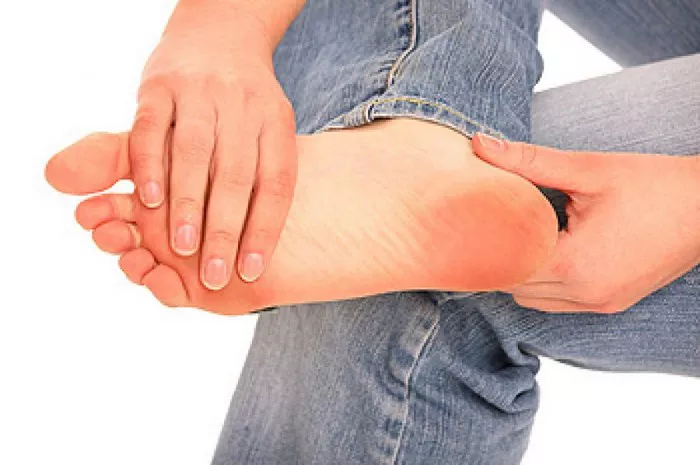Ringworm, despite its name, is not caused by a worm but rather a fungal infection. It’s a common misconception that this condition is limited to contact with animals or contaminated soil. However, the potential for ringworm to spread in pools is a concern for many individuals. In this article, we delve into the realities of ringworm transmission in pool environments, separating myth from truth and exploring preventive measures to ensure public health and safety.
Understanding Ringworm: What is it?
Before diving into the specifics of ringworm transmission in pools, it’s essential to understand what ringworm is and how it spreads. Contrary to popular belief, ringworm is not caused by worms but rather by various fungi known as dermatophytes. These fungi thrive in warm, moist environments and can infect the skin, scalp, and nails of humans and animals.
Ringworm presents as a red, itchy, and sometimes circular rash on the skin, often with raised edges. In severe cases, it can cause blistering, oozing, and crusting. While ringworm is typically not a serious condition, it can be uncomfortable and unsightly, leading individuals to seek treatment to alleviate symptoms and prevent its spread.
The Myth of Ringworm in Pools
One common misconception is that ringworm can spread through pool water. While it’s true that fungi thrive in warm, moist environments, such as swimming pools and locker rooms, the risk of contracting ringworm from pool water itself is relatively low. This is due to several factors:
1. Chlorine Treatment: Most swimming pools are treated with chlorine, a powerful disinfectant that kills bacteria, viruses, and fungi, including the dermatophytes that cause ringworm. Properly chlorinated pools maintain a residual level of chlorine that continuously disinfects the water, reducing the likelihood of fungal transmission.
2. Filtration Systems: Modern pool filtration systems are designed to remove debris, contaminants, and microorganisms from the water. These systems work in conjunction with chlorine treatment to maintain water quality and reduce the risk of infections, including ringworm.
3. Limited Fungal Survival: Fungi responsible for ringworm infections typically do not survive well in chlorinated pool water. The combination of chlorine exposure and constant circulation in the pool water minimizes the survival and spread of these fungi.
While the risk of contracting ringworm directly from pool water is low, there are other ways in which individuals may be exposed to the fungi responsible for this infection in pool environments.
Potential Sources of Ringworm Transmission in Pools
While pool water itself may not be a significant source of ringworm transmission, other factors in pool environments can contribute to the spread of the fungi responsible for this infection:
1. Contaminated Surfaces: High-traffic areas around pools, such as locker rooms, showers, and changing areas, can harbor fungal spores shed from infected individuals. These spores can survive on surfaces such as floors, benches, and pool equipment, increasing the risk of transmission to others.
2. Direct Contact: Direct skin-to-skin contact with an infected individual or contaminated surfaces can facilitate the transmission of ringworm. This can occur during activities such as sharing towels, sitting on benches or loungers, or participating in group activities in and around the pool.
3. Poor Hygiene Practices: Individuals who do not practice good hygiene, such as showering before entering the pool, washing their hands thoroughly, and avoiding sharing personal items, may inadvertently contribute to the spread of ringworm in pool environments.
While these factors may increase the risk of ringworm transmission in pool settings, they can be mitigated through proper hygiene practices and maintenance protocols.
Preventive Measures to Reduce the Risk of Ringworm in Pools
To minimize the risk of ringworm transmission in pool environments, both pool operators and patrons can take proactive measures:
1. Maintain Proper Chlorine Levels: Pool operators should ensure that chlorine levels are maintained within recommended ranges to effectively disinfect the water and prevent the spread of infectious agents, including fungi.
2. Regular Cleaning and Disinfection: High-touch surfaces in and around the pool area should be cleaned and disinfected regularly to remove fungal spores and other contaminants. This includes benches, handrails, locker room facilities, and pool equipment.
3. Encourage Good Hygiene Practices: Pool operators can promote good hygiene practices among patrons by providing signage encouraging showering before entering the pool, washing hands thoroughly, and avoiding sharing personal items such as towels and clothing.
4. Educate Patrons: Providing information about ringworm, its causes, and preventive measures can empower patrons to take proactive steps to protect themselves and others from infection. This can include signage, pamphlets, and online resources.
5. Prompt Treatment of Infections: Individuals who suspect they may have ringworm should seek prompt medical treatment to prevent its spread to others. Topical or oral antifungal medications prescribed by a healthcare professional can effectively treat ringworm infections.
By implementing these preventive measures, pool operators can create safer environments for patrons and reduce the risk of ringworm transmission in pool settings.
Conclusion
While the idea of ringworm spreading in pools may evoke concern, the reality is that the risk of contracting ringworm directly from pool water is minimal due to the effects of chlorine treatment and modern filtration systems. However, other factors such as contaminated surfaces, direct contact, and poor hygiene practices can contribute to the spread of ringworm in pool environments.
By understanding the potential sources of ringworm transmission and implementing preventive measures such as maintaining proper chlorine levels, regular cleaning and disinfection, promoting good hygiene practices, and educating patrons, pool operators can create safer environments for all individuals enjoying recreational activities in and around the pool. Through collaboration and diligence, we can mitigate the risk of ringworm transmission and promote public health and safety in pool settings.


























